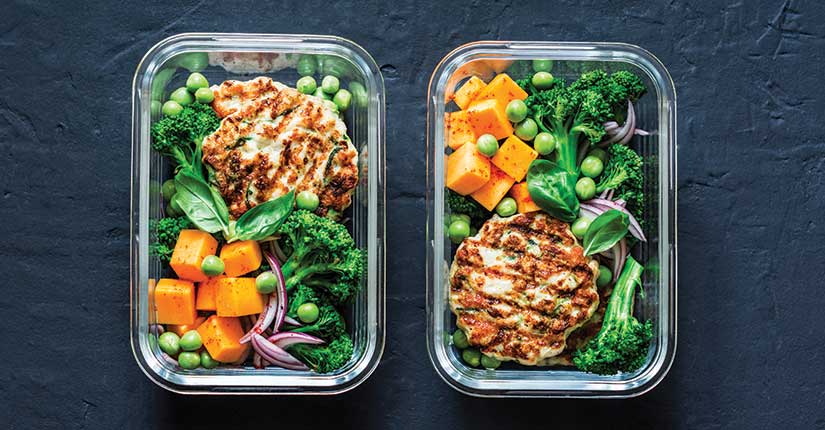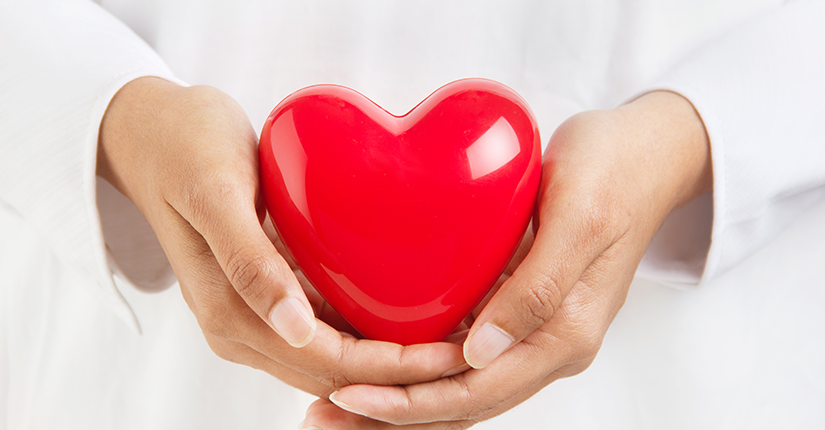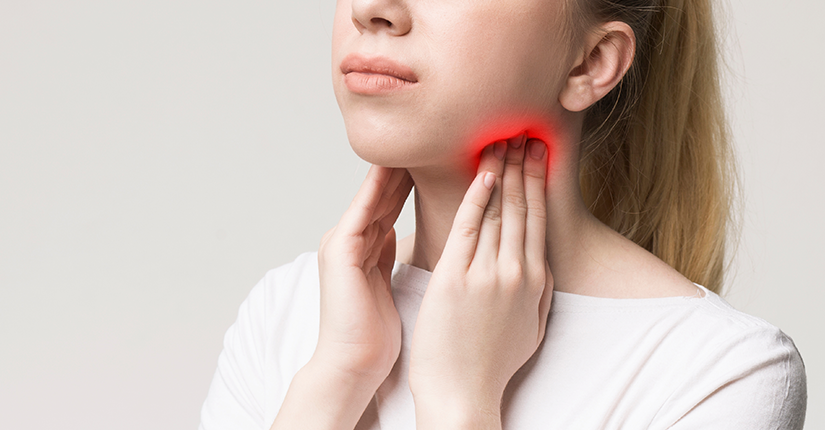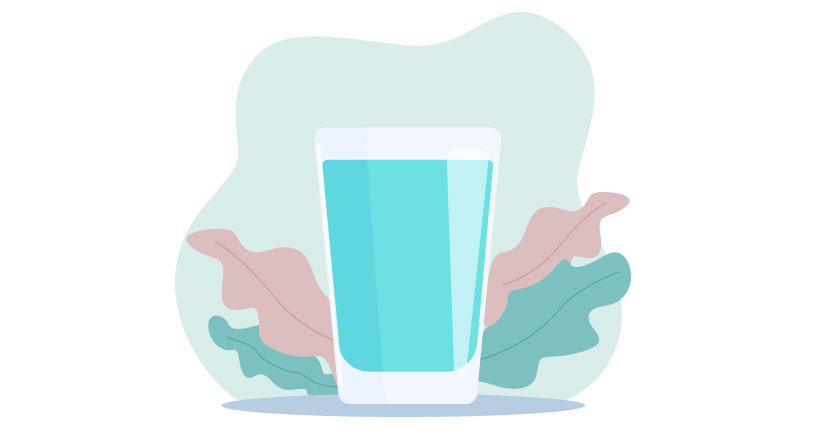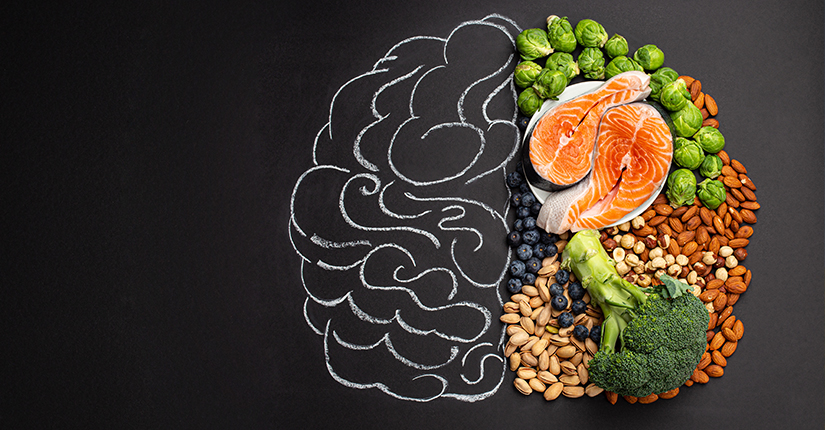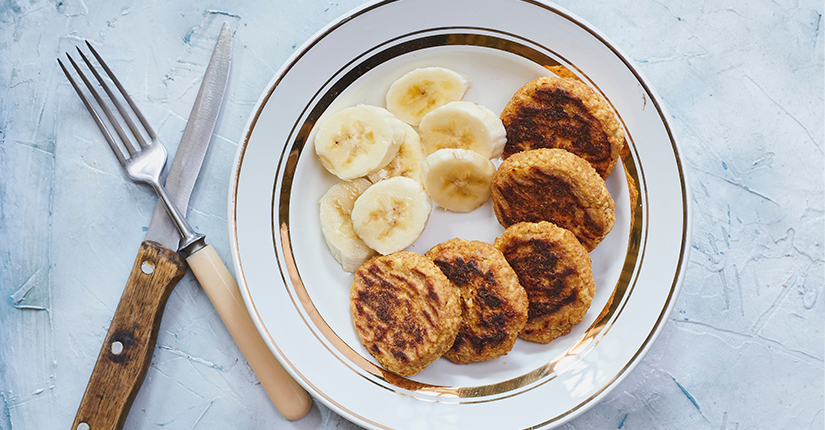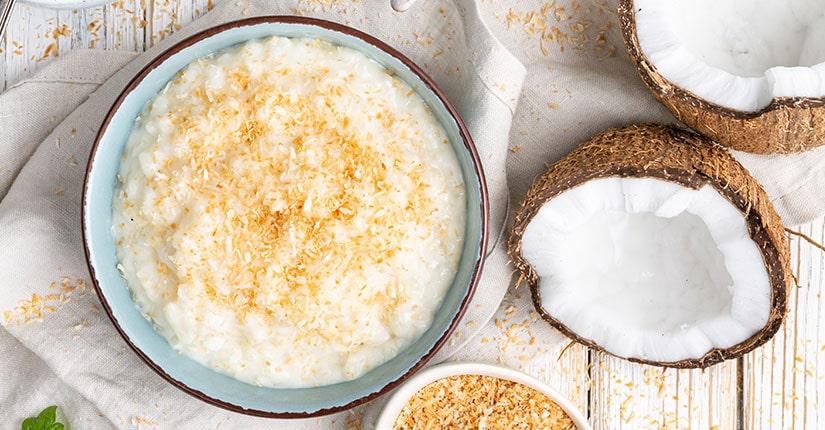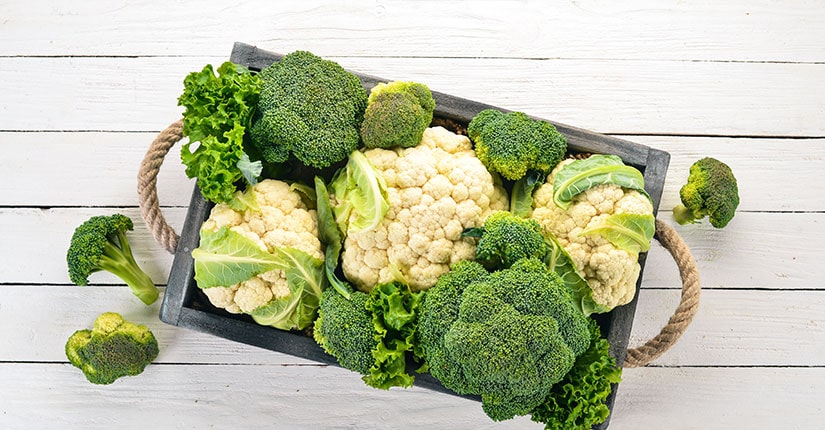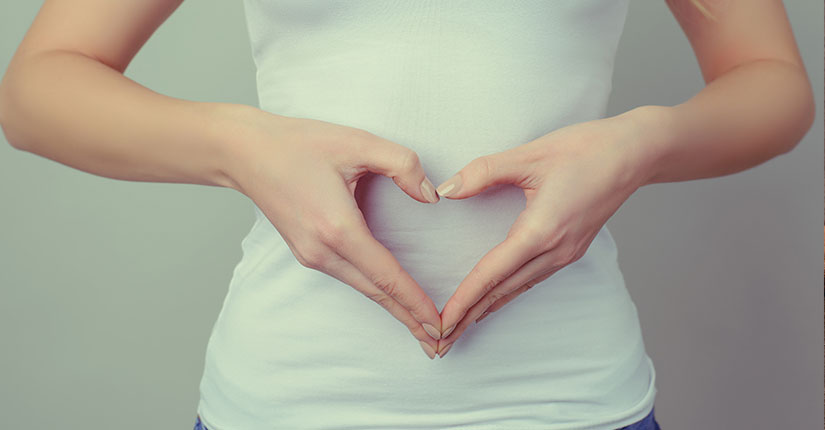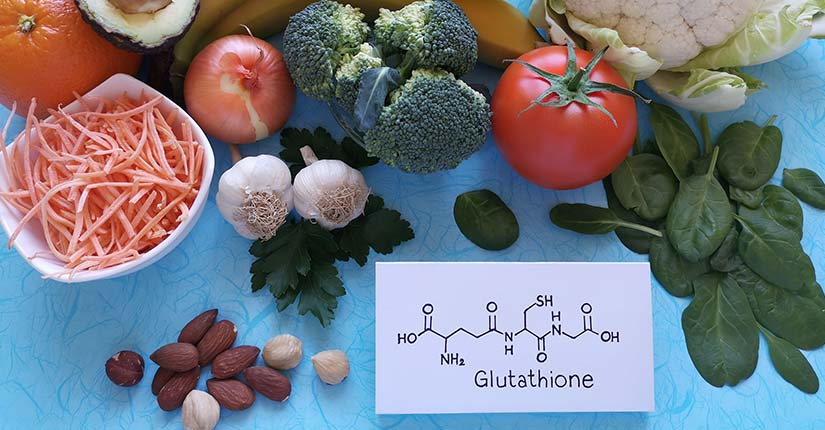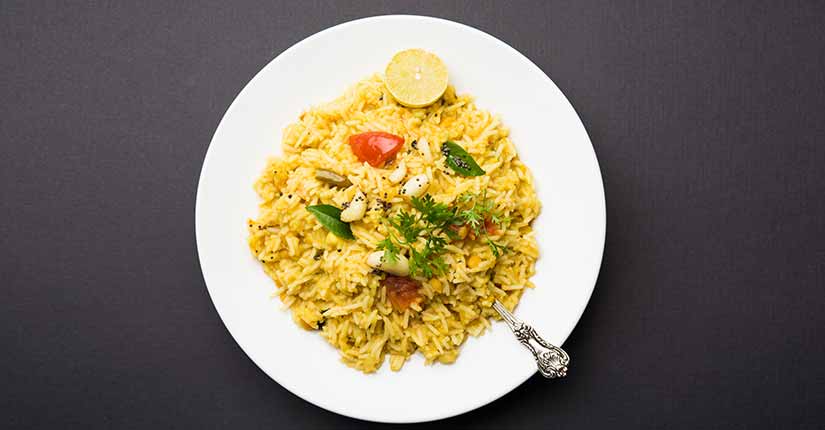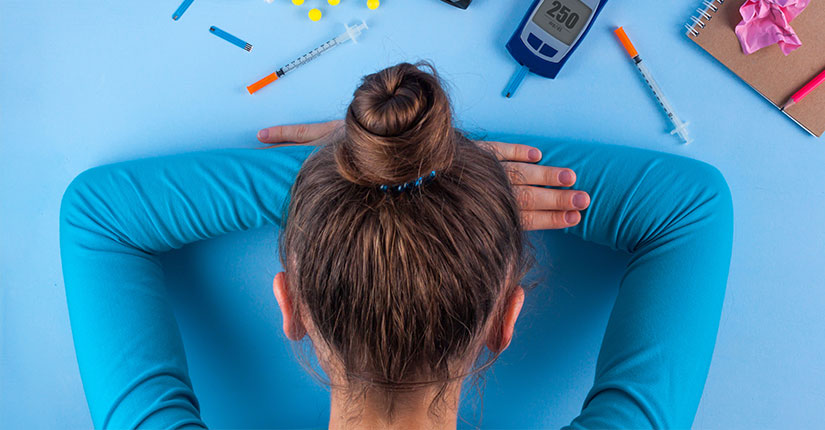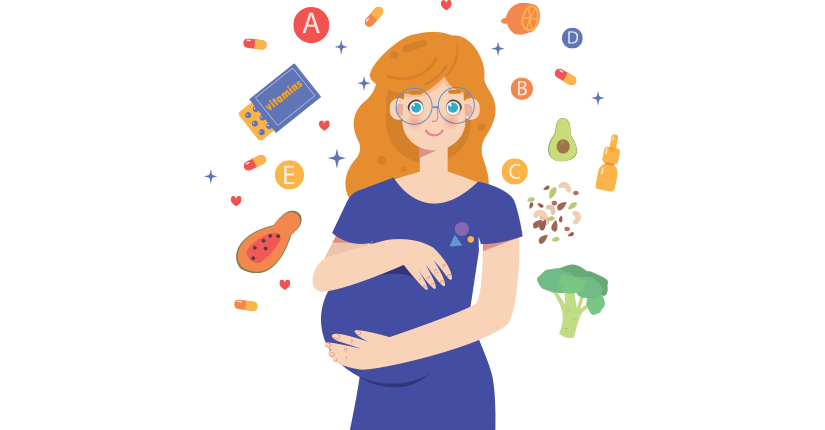Connection Between Nutrition & Brain Injury
By Nmami Agarwal 19-Mar 2020 Reading Time: 5 Mins
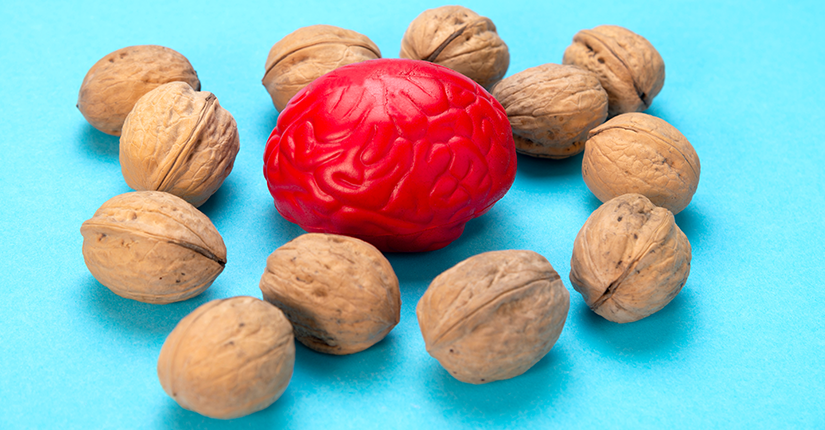
Brain is the most sensitive organ of the nervous system and it also holds the most importance in the body. Our brain is responsible for the functioning of our body as it passes on the instructions to the body parts to work properly. If the brain stops working, the person will die or else go into a coma.
When we talk about the brain in a human body, it is the most sensitive and the most complicated part of the nervous system. The brain controls the ability to see, think, touch, feel, hear, remember things and so much more. It’s the one organ in the body that controls every move and every change in the body.
Now if we talk about injury on such an important and sensitive part of the body, certain nutrients need to be consumed for the betterment of the brain after the injury. Deficiencies in certain nutrients and chemicals can cause disruption in the brain and inability to think properly. It is important to take certain nutrients for the brain to work efficiently. Here is the list of vitamins and minerals needed for the proper functioning of the brain, if injured:
Vitamin B-1: B-1 is important for the metabolism of glucose (sugar level). Glucose is a primary energy source and promotes growth and muscle tone. Foods should be consumed like legumes, nuts, seeds.
Vitamin B-12: Important for the better working of nerves and deficiency of B-12 can lead to nerve damage and impaired brain function. Foods rich in B-12 are eggs, milk and meat.
Folic Acid: It helps in lowering the levels of serotonin (a type of neurotransmitter) in the brain. Folic acid-rich foods are yeast, liver, asparagus and broccoli.
Choline: Choline speeds up the creation and release of acetylcholine, a protein that carries signals among brain cells and is important for memory and proper brain functions. Foods that are rich in choline are peanuts, eggs, spinach.
Omega-3 Fatty acids: These fats help in the important role that lets the brain function well and its development. Popularly found in varieties of fish, it helps in brain function of the people suffering from memory loss. Also found in flaxseeds, walnuts and olive oil.
Zinc: Zinc plays a key role in memory and brain tubulin growth. Lack of zinc can hinder protein synthesis during brain development. Zinc-rich foods like shellfish, meat, eggs, whole grains and nuts can be consumed.
Antioxidants which include vitamin C and E protect the neuron damage caused by certain foods and the stress caused by brain injury. Foods like berries (strawberries, blueberries, blackberries) and broccoli are good options to go for.
A proper and balanced diet that includes a variety of foods like vegetables, fruits and whole grains should be consumed and one should also opt for meat, fish, beans, low-fat dairy products.
It is advised to drink ample water and limiting the intake of salt and sugar is important. After a head injury, one should avoid alcohol, smoking and drugs as well because they may make it worse.
Over to You
It is always advised to visit a doctor before the intake of any food after the injury is caused. Proper medication might be required depending upon the situation. Brain injuries can be severe as well as mild, you are advised to visit a specialist as it may be a sensitive case.

